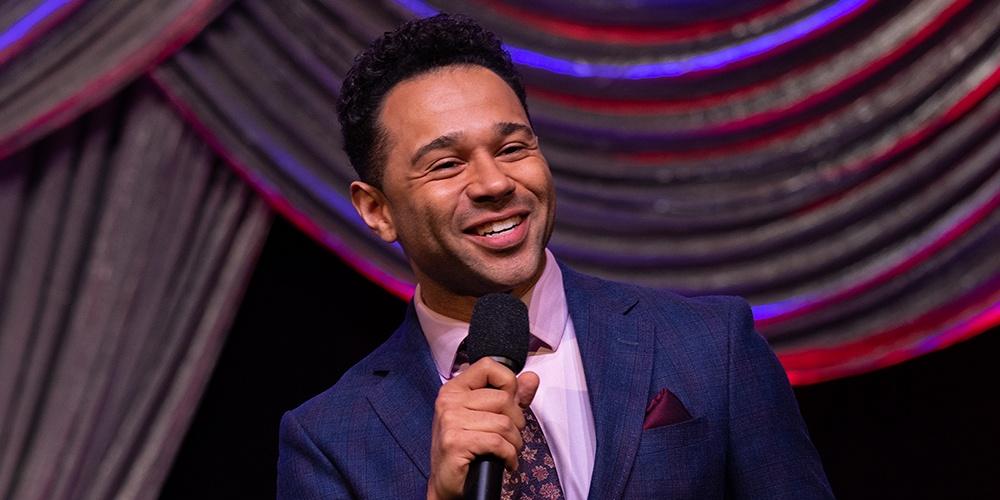By now, Black actors have become deeply embedded in the history of Broadway musicals.
It’s been 88 years since “Porgy and Bess” debuted, 56 since Pearl Bailey took over “Hello, Dolly.” A PBS special – “Black Broadway,” 8 p.m. Feb. 28 – ripples with young singers (including Corbin Bleu, show here) doing potent anthems first sung by Blacks.
Even with that, said conductor Brittany Chanell Johnson, there’s room for more and for different.
Many of the shows “are traumatic stories,” she said. There should also be room “for stories of joy.”
Nova Y. Payton, one of the PBS show’s stars, agreed. Blacks, she told the Televisison Critics Association, “tend to see things differently – not just the trauma, but the joy, which is great.”
Her two songs in the PBS special – “I’m Here” from “Color Purple” and “And I Am Telling You” from Dreamgirls – resonate with deep pain and resilience. The same is true of Corbin Bleu’s opening number, the defiant “Make Them Hear You,” from “Ragtime.” But the show does end joyously, with a student chorus singing “A Brand New Day,” from “The Wiz.”
One way to find joy is the growing trend of colorblind casting. From “Hamilton” to “Little Mermaid,” shows have Black actors in varied – and sometimes joyous – roles.
“When I did ‘Holiday Inn,’ I took over a role that was originally done by Fred Astaire,” Bleu said. “I got a chance to do ‘Singin’ in the Rain’ and played that role made famous by Gene Kelly.” He’s also been Jesus in “Godspell” and admits a desire to be Frank-N-Furter in “Rocky Horror.”
Payton recalls bringing songs to classes, only to be told by the professors that those were white characters and “I would never have been cast as that.” Times are changing, she said; “I wouldn’t mind doing like Mama Rose (in ‘Gypsy’), you know?”
About half the songs in the PBS show are from white writers, often focusing heavily on Black pain. “I would love to sink my teeth into something completely original,” Bleu said, preferably something that would “leave room for that joy to take place.”
Both singers began as dancers. Payton credits “my dance teacher, who used to make me sing at every recital (and said) ‘You have this voice and you know, a dancer’s lifespan isn’t really long.’”
Bleu was cast in the “High School Musical” movies, where dancing and singing were equally important. Suddenly, he was a singer, but “the genre that I was expected to sing was always pop.”
Later, he started to hear classic Broadway. He recaslls “listening to Brian Stokes Mitchell: That was one orf the first times that I went, ‘Wow, I really resonate with this.’”
So it may be appropriate that the show opens with Bleu singing “Make Them Hear You” – which Mitchell first boomed on Broadway in 1998 . And that it closes with students singing joyfully.
There are fresh generations of talent, said Johnson, a Howard University professor. “I get to be in the room with almost 50 young Black artists every day.”
Bleu recalled one student coming up to him after the concert. “She was in tears and she just went, ‘I love my people.’”

Black Broadway: deep passion, occasional joy
By now, Black actors have become deeply embedded in the history of Broadway musicals.
It’s been 88 years since “Porgy and Bess” debuted, 56 since Pearl Bailey took over “Hello, Dolly.” A PBS special – “Black Broadway,” 8 p.m. Feb. 28 – ripples with young singers (including Corbin Bleu, show here) doing potent anthems first sung by Blacks.
Even with that, said conductor Brittany Chanell Johnson, there’s room for more and for different.
Many of the shows “are traumatic stories,” she said. There should also be room “for stories of joy.” Read more…